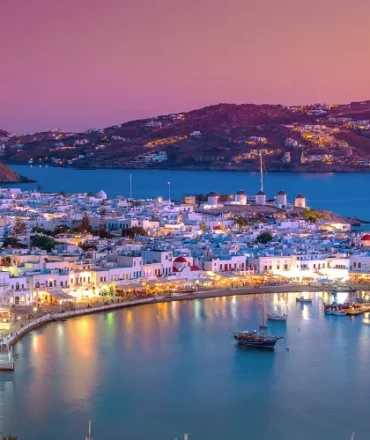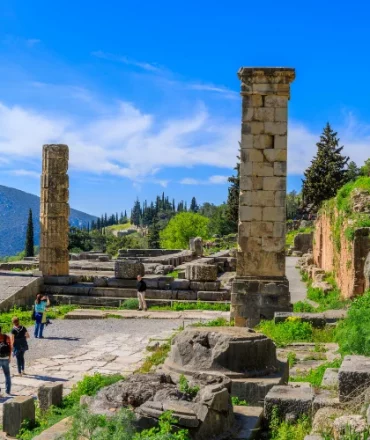Greece is a country in southeastern Europe with thousands of islands throughout the Aegean and Ionian seas. Influential in ancient times, it’s often called the cradle of Western civilization. Athens, its capital, retains landmarks including the 5th-century B.C. Acropolis citadel with the Parthenon temple. Greece is also known for its beaches, from the black sands of Santorini to the party resorts of Mykonos.
Greece has more than 2,000 islands, of which about 170 are inhabited; some of the easternmost Aegean islands lie just a few miles off the Turkish coast. The country’s capital is Athens, which expanded rapidly in the second half of the 20th century. Attikí (ancient Greek: Attica), the area around the capital, is now home to about one-third of the country’s entire population.
A Greek legend has it that God distributed soil through a sieve and used the stones that remained to build Greece. The country’s barren landscape historically caused the people to migrate. The Greeks, like the Jews and the Armenians, traditionally have been a people of diaspora, and several million people of Greek descent live in various parts of the world. Xeniteia, or sojourning in foreign lands, with its strong overtones of nostalgia for the faraway homeland, has been a central element in the historical experience of the Greek people.



